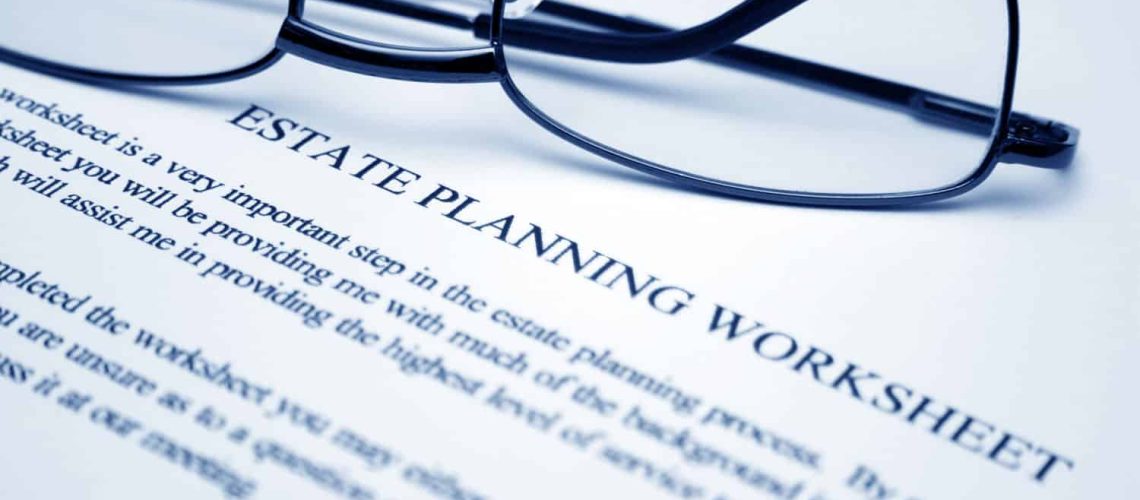 Estate planning is the process of determining how you want your estate to be distributed when you die. In today’s world, it’s becoming more and more important for people to have a plan in place for their assets, especially with all of the recent tax changes.
Estate planning is the process of determining how you want your estate to be distributed when you die. In today’s world, it’s becoming more and more important for people to have a plan in place for their assets, especially with all of the recent tax changes.
Estate planning is best accomplished with the help of an attorney—it’s important to vet various probate attorneys until you find one that you are confident in working with.
What Happens If You Don’t Have a Will?
When an individual dies without a will or solid estate plan in place, the law then determines what happens to that person’s property and assets by referencing a list called “intestacy laws“, which generally state that only spouses and children take precedence when distributing assets. The rest can go to other family members or friends if they so desire, but otherwise it goes through probate court where it is divvied up by a general administrator.
The problem with this general administrator method is that no planning is involved, and your estate is subject to the administrator’s own personal biases, which may not reflect your wishes at all. Furthermore, if there is no will in place, the estate must go through probate court and this can be a very long and costly process.
Any assets that are held in a trust or other legal entity are also not subject to intestacy laws, but they still must go through probate court.
The Importance of Estate Planning & Working With an Attorney

This is where an estate planning attorney comes in. An estate planning attorney can help you create a will (and/or trust) that reflects your wishes and ensures that your loved ones inherit your estate according to your desires. In addition, an estate planning attorney can help reduce taxes and legal fees on your estate, and can make the probate process easier and faster.
By giving power of attorney to your estate planning lawyer, you can ensure that your affairs are handled in the way you see fit. Though it may be difficult to think of when this time might come, it will benefit you and your loved ones greatly if you choose to work with an estate planning attorney.
Getting Started With Estate Planning
The first thing to do when beginning the estate planning process is to inventory everything you own. This includes bank accounts, real estate, vehicles, investments, personal items (such as art or jewelry), money owed to you, outstanding loans and mortgages, and related things of value. Include all information about these things including value, where they are located, and who has access to them. It would also be a good idea to make a list of any major debts or pending bills that need paid off before death.
What to Expect from an Estate Planning Attorney

Estate planning attorneys will help you through the entire estate planning process, making sure everything is in order. They will interview you, offer legal advice, find out everything about your financial situation, and begin putting it all down on paper. From there they will discuss with you any changes that need to be made, options for how things can be done differently, or what needs to be changed.
After this is completed then estate planning documents must be drafted. This includes wills, trusts (such as living trusts), health care directives (such as power of attorney and medical directive), financial powers of attorney (which allow someone else to make decisions regarding money matters while you are unable) and tax documents (such as a simple will). While drafting these documents, your estate planning attorney should go over them line by line to ensure everything has been included correctly.






